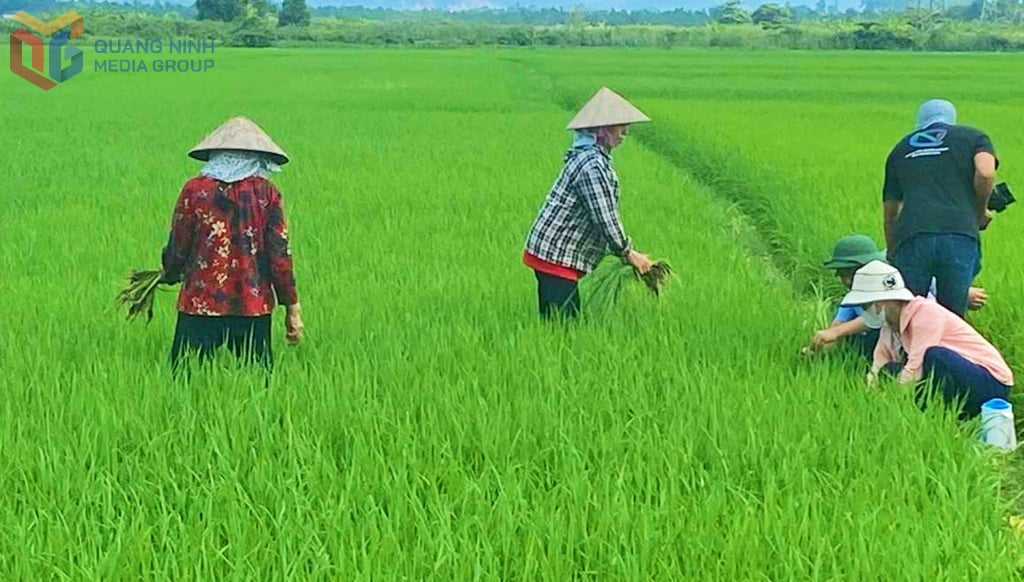
In the western region of the province, as a key rice production area in the area, the "IPM Field" model was deployed on more than 150 hectares in Dong Trieu, An Sinh and Binh Khe wards. Thanks to the synchronous application of solutions, the amount of pesticides was reduced by an average of 25-30%, and production costs were reduced by about 500,000 VND/ha. Mr. Nguyen Van Truong, An Sinh commune, shared: "Previously, when seeing pests in the fields, people immediately sprayed pesticides. But through training and applying IPM on rice plants, we were instructed to observe and monitor the density, and spray only when really necessary. Thanks to that, the rice plants grew stronger, less likely to fall over, and the yield increased by 5-7 quintals/ha."
In the tea area of Duong Hoa commune, there are currently nearly 500 hectares of tea applying IPM, of which 200 hectares are grown according to VietGAP standards. Currently, there are 8 tea varieties being grown in the area: Thuy Ngoc, Phuc Van Tien, Keo Am Tich, Canh, Long Van, PH10, BT 95 and Trung Du tea with a total planting area of over 1,000 hectares. To improve the quality of tea products, in recent years, tea growers in the area have participated in training courses on IPM to manage pests on crops with measures such as: Selecting varieties, fertilizing according to the correct technical process and nutritional needs of plants through each stage; using pesticides according to the 4 correct principles on the entire planting area.
Mr. Nguyen Van Tung, Duong Hoa commune shared: Thanks to applying IPM, my family's tea productivity has increased significantly. We use light traps and sticky traps to control pests on tea plants instead of chemicals; combined with organic fertilizers, the tea plants are green and durable, with few pests. Due to the improved quality, the selling price of tea is also higher, especially the local tea brand is increasingly popular.
According to the provincial Department of Agriculture and Environment, over the past 3 years, the province has opened over 500 IPM training courses with over 20,000 farmers participating. IPM implementation is based on 4 basic principles: Growing healthy plants; preserving natural enemies; visiting fields regularly; farmers becoming field experts. Through training courses, the agricultural extension staff has helped farmers change their awareness, gradually reduce the abuse of pesticides, and encourage the application of biological and mechanical measures and disease-resistant varieties. Many "field schools" have been organized, where farmers directly observe and exchange experiences right in the field.
According to Mr. Nguyen Minh Son, Director of the Department of Agriculture and Environment, applying IPM helps farmers change their mindset, from small-scale production and overuse of pesticides to scientific, economical and environmentally friendly pest management. This is also the key for Quang Ninh agricultural products to meet VietGAP, organic and export standards.
In fact, thanks to the application of IPM, the area of safe agricultural products in the province has increased rapidly, an average of 12-15%/year. Many key OCOP products such as yellow sticky rice, yellow flower tea, safe vegetables, etc. are all associated with the IPM-oriented production model, creating prestige and brand in the market. In the coming time, the agricultural sector will continue to expand the area of IPM application, associated with concentrated production areas, encouraging cooperatives and enterprises to participate in chain linkages. The province also aims to develop a modern pest monitoring system, applying digital technology to forecast and warn early, helping farmers to be more proactive. With solid steps, IPM is affirming itself as an effective solution to help Quang Ninh develop green, safe agriculture, associated with environmental protection and public health, meeting the integration requirements in the new period.
Source: https://baoquangninh.vn/phat-huy-hieu-qua-quan-ly-dich-hai-tong-hop-ipm-3376247.html








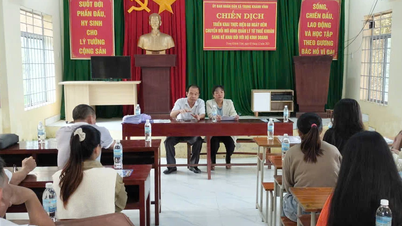

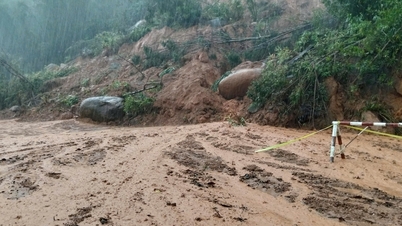

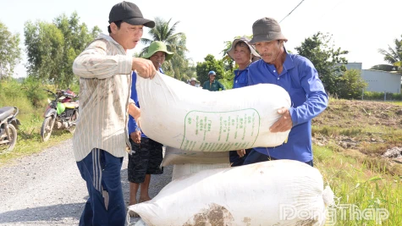

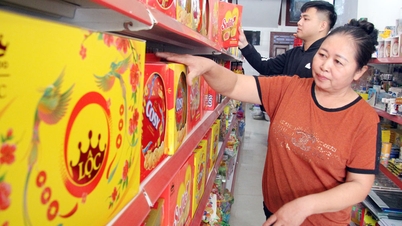

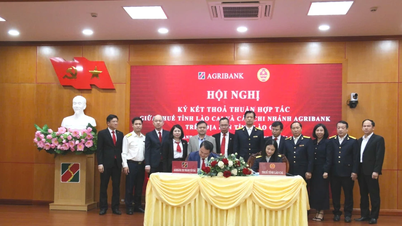

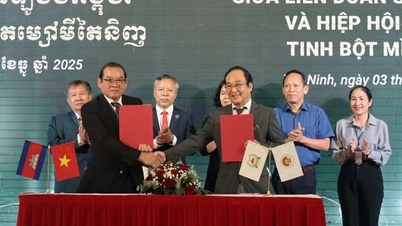






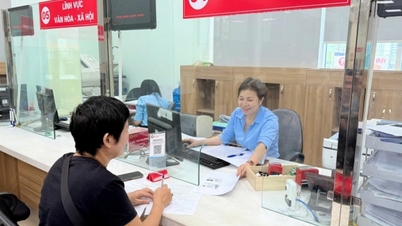
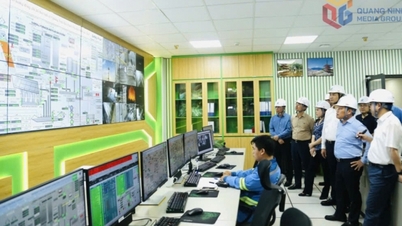

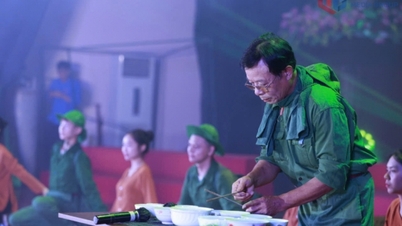
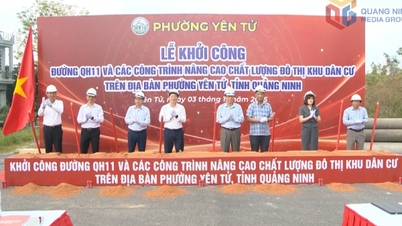
![[Photo] Worshiping the Tuyet Son statue - a nearly 400-year-old treasure at Keo Pagoda](/_next/image?url=https%3A%2F%2Fvphoto.vietnam.vn%2Fthumb%2F1200x675%2Fvietnam%2Fresource%2FIMAGE%2F2025%2F12%2F02%2F1764679323086_ndo_br_tempimageomw0hi-4884-jpg.webp&w=3840&q=75)
![[Photo] Parade to celebrate the 50th anniversary of Laos' National Day](/_next/image?url=https%3A%2F%2Fvphoto.vietnam.vn%2Fthumb%2F1200x675%2Fvietnam%2Fresource%2FIMAGE%2F2025%2F12%2F02%2F1764691918289_ndo_br_0-jpg.webp&w=3840&q=75)





























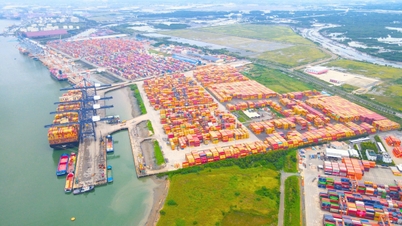






















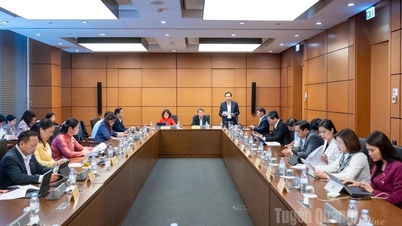

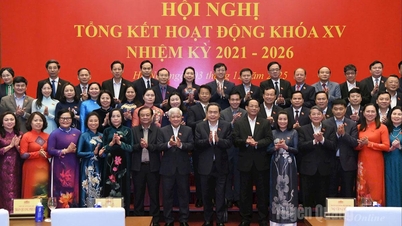
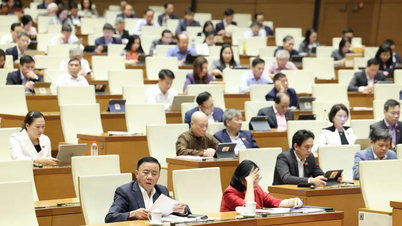

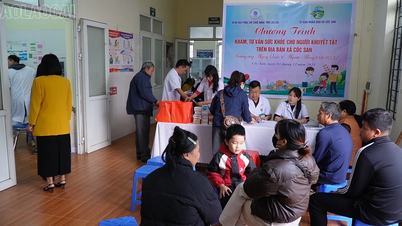
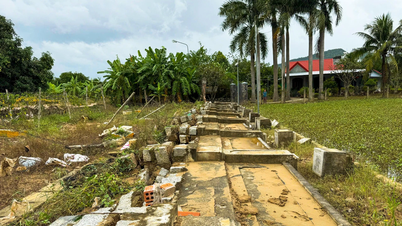














Comment (0)